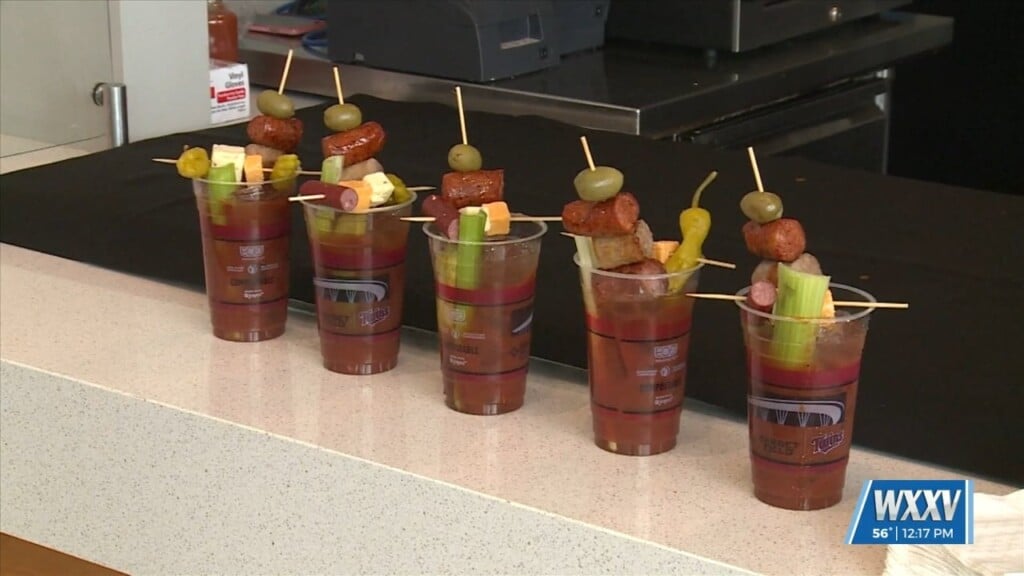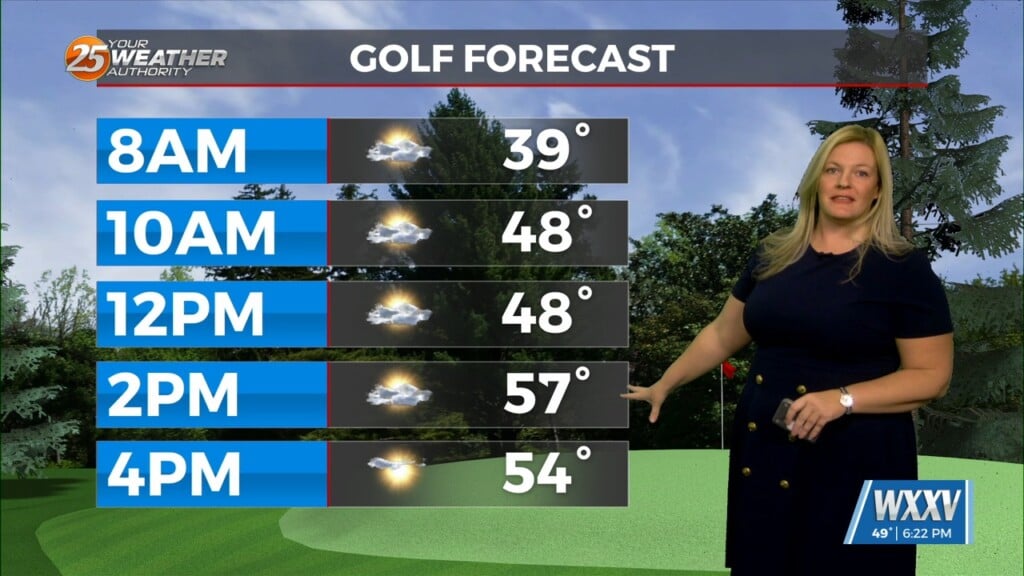Signs a teenager is in an abusive relationship
February is National Teen Dating Violence Awareness Month.
1 in 3 young people will enter into an abusive or unhealthy romantic relationship, but how can guardians at home know if their child is one of them?
First, we have to understand why teenagers find themselves in these relationships.
The Gulf Coast Center for Nonviolence tells us that as teenagers explore romance, they can misinterpret red flags for love. “Intense, possessive jealousy, for example, a lot of time can be misunderstood by young people as a sign that they are in a really intense relationship or that the person they’re with really loves them a lot because they’re so possessive,” said Rene’ Davis, communications director for the center. “That’s actually not a good sign.”
Guardians should stay alert if a child becomes fearful of upsetting their partner. This is a sign of possession and control. “Whenever someone is isolated, very likely that could be a sign that there is abuse in the relationship,” Davis said. “If they only are allowed to spend time with the person they’re dating and they are breaking away from school activities, for example, dropping out to be just with the person they are with. Breaking relationships, not spending time with friends or family.”
Other signs include changes in appearance or attitude.
Prevention is the key to setting children up for healthy relationships. “It’s important that those abusive behaviors don’t become normalized for young people,” she said. “It really is something that you should start talking to them about before they even begin dating.”
If a teenager is already in an unhealthy relationship, guardians should slowly move them away from it. “Very often, there is some shame that goes along with people when they realize that they might be in an abusive relationship. They don’t want to admit it because they blame themselves for it, and it’s never the victim’s fault. Talking with your teen is one of the best ways to kind of point out things that you’ve observed. ‘I see blank happening, and this could be a problem.'”
The Gulf Coast Center for Nonviolence has resources for families to utilize on this topic.



